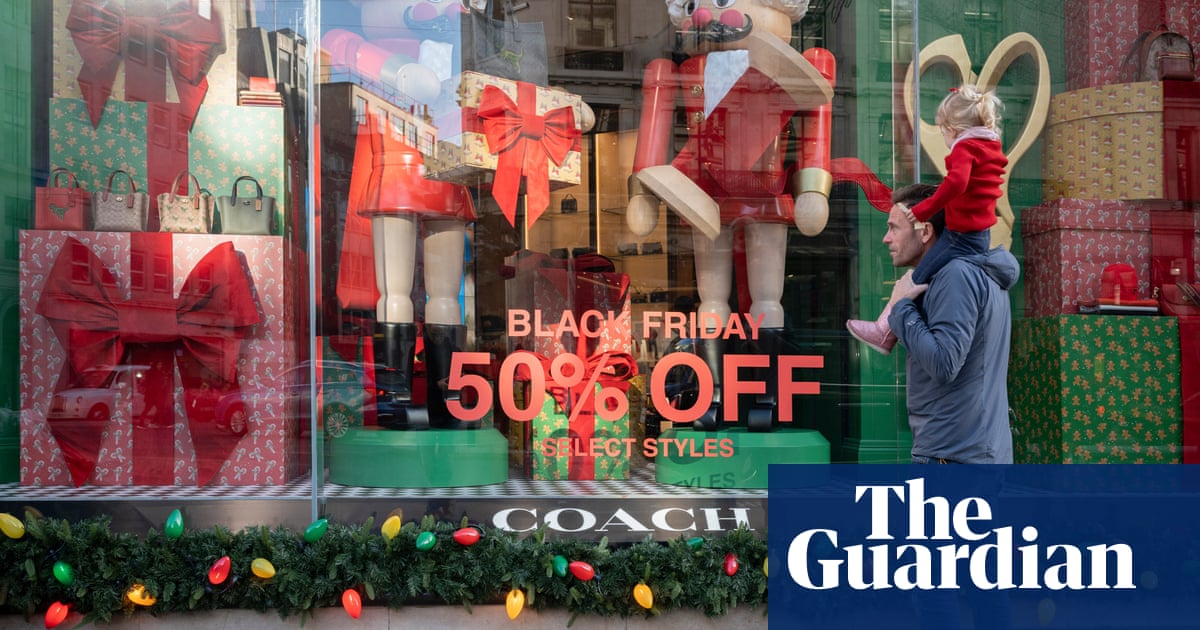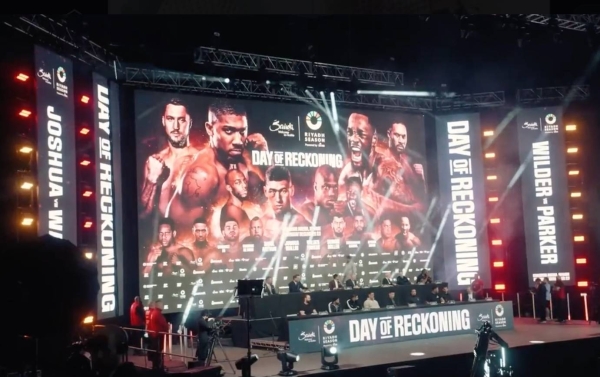
Shoppers are expected to spend £3.7bn this Boxing Day – but that’s 3% less than a year ago as the sales are now overshadowed by Black Friday events and shoppers remain cautious about their budgets.
The fall in spend marks a big drop in the volume of items being bought, given that inflation remains at about 4.3%.
Shoppers are faced with high household bills after increases last year. Just 14.3% of consumers expect to go to the Boxing Day sales or buy goods online in the days after Christmas, according to GlobalData research for the VoucherCodes website.
Even the US-inspired Black Friday sales period last month was lacklustre, with spending on expensive items such as coats held up by a warm autumn, which has forced many clothing retailers to discount heavily to reduce stock.
Anita Naik, savings expert at VoucherCodes, said: “The Boxing Day sales provide shoppers with a last-chance opportunity to splurge on themselves for the year. However, this is now a luxury many people are currently refraining from as the nation continues to contend with inflated prices amidst the cost of living crisis; therefore it’s no surprise that this year, fewer of us will be splashing out in the sales.”
Boxing Day high street visits could be dampened further as a string of big retailers, including John Lewis and its supermarket Waitrose, The Range and Aldi all announced plans to keep their doors closed on Boxing Day.
The retail analyst MRI Software is predicting that the number of shoppers visiting retail locations including shopping centres and retail parks on Boxing Day will be at least 15% lower than last year.
Diane Wehrle, at Rendle Intelligence and Insights, said: “In the past, Boxing Day was the peak post-Christmas shopping day – if we’re old enough we remember the queues from early morning outside department stores and key retailers. But over the last few years the greater demand from shoppers has steadily shifted to the three days between 27 and 29 December.
“Underpinning the shift in post-Christmas shopping is the growth of blended families, which means Boxing Day is a second Christmas Day for many who visit the other half of their family, delaying the gap in their diary needed to go out to shop.”
She said the rise of online shopping and a gradual normalisation of habits after the Covid pandemic lockdowns would also damp enthusiasm for trips to the high street.
Online retailers have been having a tough time in the run-up to Christmas, with spending so far this year down on last year, particularly on clothing, gifts and alcohol. However, December could mark an upturn. Online sales dived more than 9% last year, according to the online retail trade body IMRG, because of multiple postal strikes left delivery services overstretched, and better service this year is likely to mean a recovery.
However, the clothing market, one of the biggest retail sectors, has been hit by a mild autumn and the rise of secondhand sites such as Vinted, Depop and eBay, to which shoppers are turning to save cash and shop more sustainably.
Andy Mulcahy, at IMRG, said that even for gifts this year could be “the first Christmas where buying secondhand becomes more culturally acceptable”.
“I think it’s pretty clear that shopper confidence is low,” he added. “There are plenty of signs that people are being cautious about spend in retail.”
Health and beauty products and electrical goods are faring better, with in-ear headphones performing well over Black Friday. Fragrance was another big seller, indicating a good year for stores such as Boots, Superdrug and the Perfume Shop.












